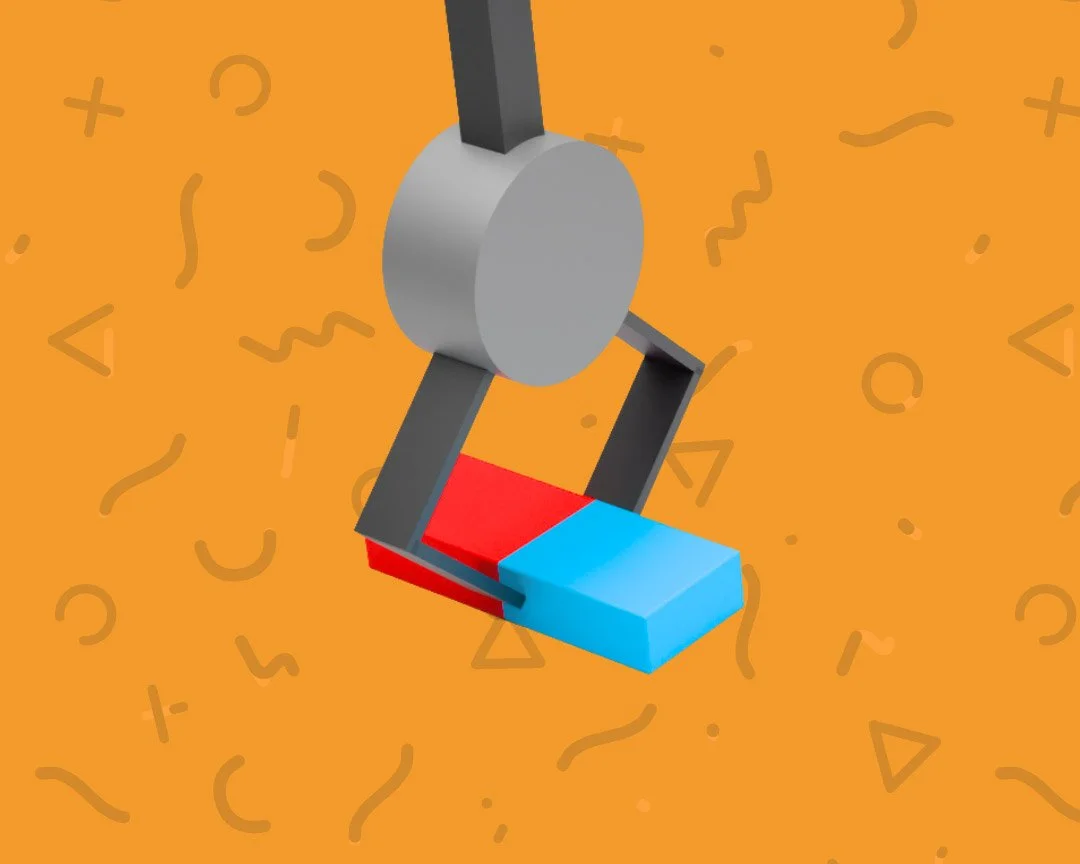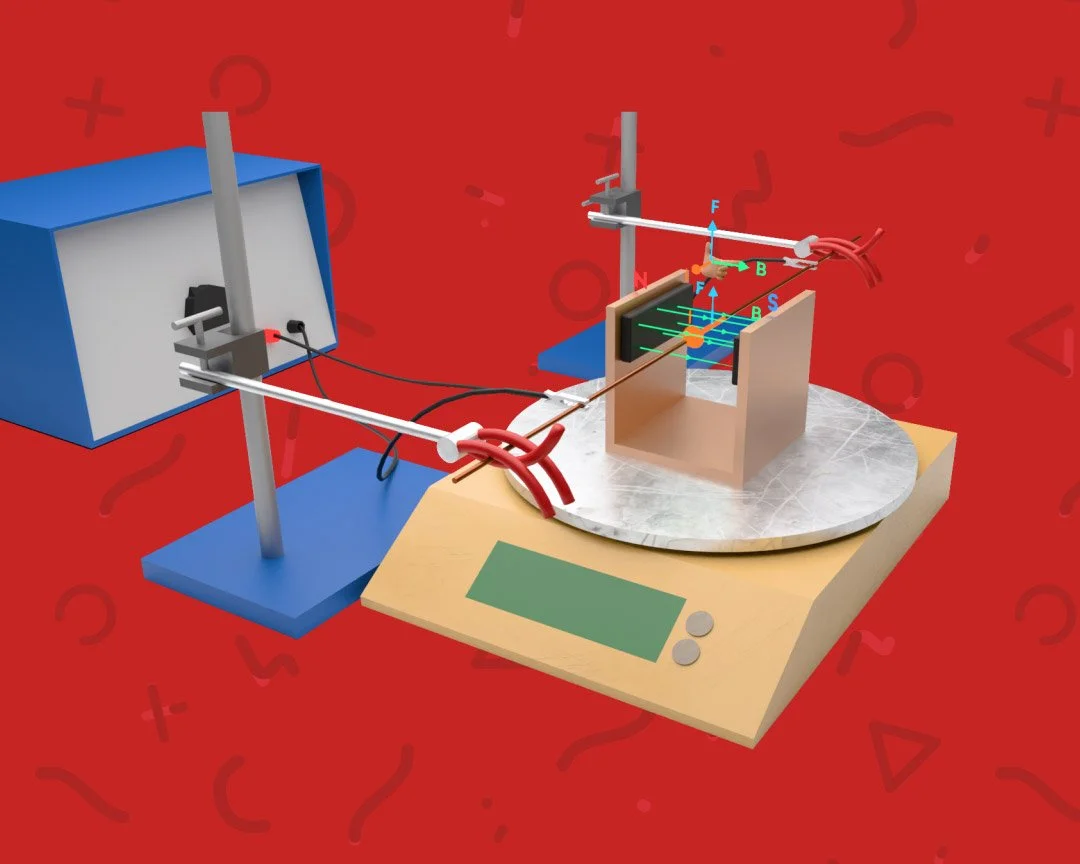Understanding the Importance of Continuous Learning
Insights on how to nurture a lifelong love for science and learning
The pursuit of knowledge is a lifelong journey that transcends classrooms and textbooks. As parents and educators, we play a crucial role in instilling a love for continuous learning, particularly in the realm of science. In this guide, we'll delve into the significance of lifelong learning and provide insights on how to cultivate a passion for science and learning that extends beyond academic studies, supported by the resources available on GoPhysics.co.uk.
1. Embrace Curiosity as a Driving Force:
Curiosity is the cornerstone of learning. Encourage your child to ask questions, explore, and seek answers. Curiosity fuels a lifelong love for science.
2. Promote Hands-On Exploration:
Provide opportunities for hands-on experiments, observations, and exploration. These experiences create a tangible connection to scientific concepts.
3. Highlight Real-World Applications:
Show how science impacts everyday life. From technology to medicine, science is all around us, shaping the world we live in.
4. Introduce Diverse Scientific Disciplines:
Expose your child to various branches of science beyond physics, such as biology, chemistry, astronomy, and environmental science. This broadens their perspective and interests.
5. Encourage Critical Thinking and Problem-Solving:
Foster analytical skills by presenting challenges and encouraging your child to devise solutions. Critical thinking is a cornerstone of scientific inquiry.
6. Nurture a Growth Mindset:
Emphasise that learning is a continuous process. Mistakes and setbacks are opportunities for growth and understanding.
7. Stay Informed about Scientific Advances:
Keep updated on recent scientific discoveries and breakthroughs. Share these with your child to inspire their curiosity and show the dynamic nature of science.
8. Visit Science Centers and Museums:
Explore interactive exhibits and displays that bring science to life. Museums provide immersive learning experiences that ignite curiosity.
9. Encourage Independent Research and Projects:
Support your child in pursuing independent research or science-related projects. This fosters initiative and a deeper understanding of their chosen field.
10. Utilise GoPhysics Resources for Lifelong Learning:
GoPhysics.co.uk offers a wealth of resources designed to support lifelong learning in physics. From video lessons to animations and flashcards, the platform provides tools for continuous exploration and understanding.
11. Celebrate Achievements and Curiosity:
Recognise and celebrate your child's achievements, no matter how small. Encourage their inquisitiveness and passion for science.
12. Encourage Participation in Science-Related Activities:
Support involvement in science clubs, competitions, and workshops. These activities provide opportunities for collaboration and deeper exploration.
13. Lead by Example:
Demonstrate your own enthusiasm for learning. Share your interests in science and engage in discussions about new discoveries and ideas.
By nurturing a lifelong love for science and learning, you're empowering your child with a curiosity-driven mindset that will serve them well throughout their academic journey and beyond. With the resources available on GoPhysics.co.uk, you have a valuable tool to support this enduring passion for science.
For access to a comprehensive range of GCSE physics resources, including video lessons, animations, flashcards, and in-built questions, visit GoPhysics.co.uk. Your child's journey of lifelong learning in science begins here!
We hope this guide helps you inspire a lifelong love for science and learning, using resources from GoPhysics.co.uk!
-





